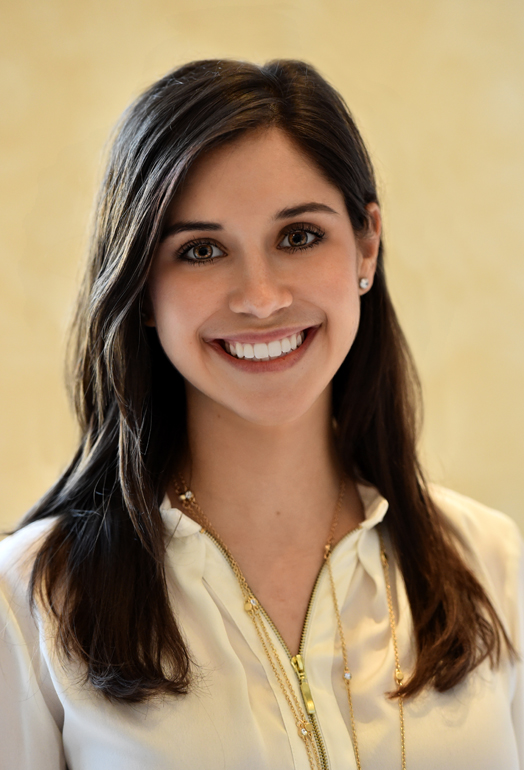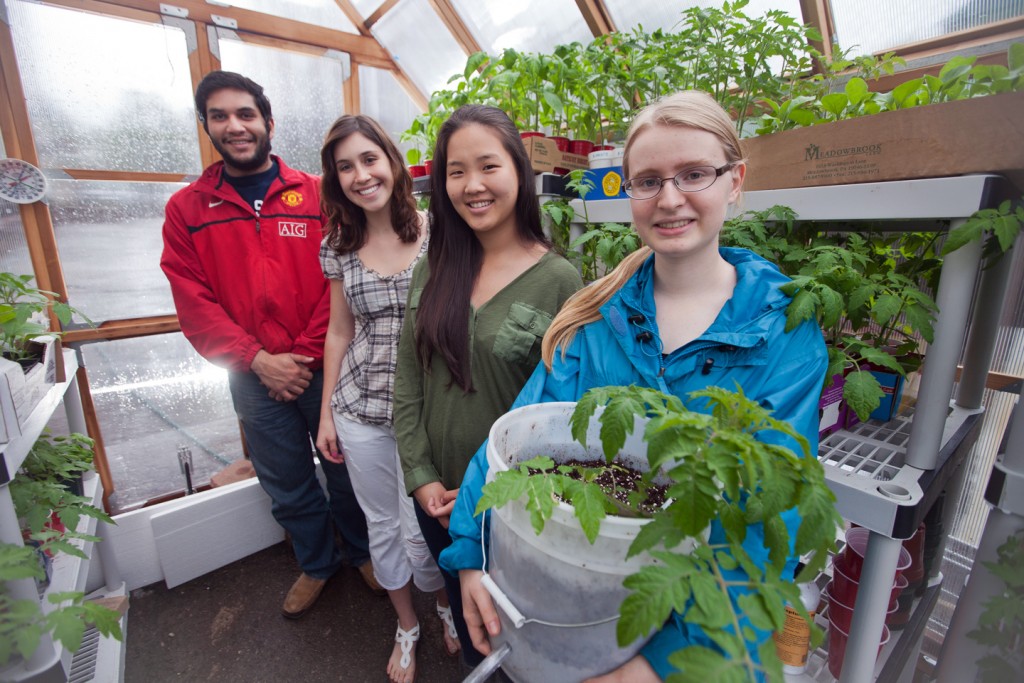Gender studies prepared Alexandra Behette ’13 for work in reproductive health field

Alexandra Behette ’13
How important was the women’s and gender studies (WGS) major to Alexandra Behette ’13? Very.
“If I didn’t take WGS courses, I would not be able to do my job,” says Behette, who earned A.B. degrees with majors in WGS and government & law.
As a field assistant at Population Connection, a nonprofit based in Washington, D.C., Behette travels the northeast region to speak about how population relates to reproductive health and social and environmental justice. She also helps plan Population Connection’s annual advocacy training and lobbying event that hosts students nationwide to learn more about population and how to lobby their government representatives.
If not for a scheduling conflict, Behette may never have walked into a WGS classroom. She had to substitute Introduction to Women’s Studies at the last minute for a course she originally planned to take. That course opened up a new world of perspectives that Behette had never before considered.
“WGS provides a framework to solve complex interdisciplinary problems, the professors were amazing, and the coursework was challenging,” she says. “It infused every aspect of my education. Everything from economics and policy classes to philosophy, geology, and history courses, I was able to bring a unique and important perspective to the table that I only could have learned from WGS courses.”

Alexandra Behette ’13, second from left, helped addressed the lack of fresh vegetables in Easton’s West Ward neighborhood through Technology Clinic.
Behette discovered her passion for social justice as an undergraduate, but felt that it was unrealistic to expect she could make a difference. WGS equipped Behette with the academic chops to speak authoritatively on issues of inequality. The College’s first WGS major to graduate with honors, Behette blended her two majors in her honor’s thesis through a comparative analysis of parental leave policies in the U.S. and Sweden, with a focus on the influence of social movements and welfare states.
The program also gave her the confidence to speak about population issues in varied contexts. For instance, when Behette speaks at colleges or universities, she may visit WGS, political science, or environmental studies classes to discuss reproductive justice and empowering women and girls. She needs to have a firm grasp of how gender impacts those different realms in order to communicate issues surrounding population to her audiences. Taking courses from different departments like environmental studies or history allows her to approach population from multiple perspectives.
“WGS is like learning another language,” says Behette. “It opens the door for you to see the world in another light, and it enables students to analyze situations and solve problems both in everyday life and in academia in ways many students may not have done previously.”

